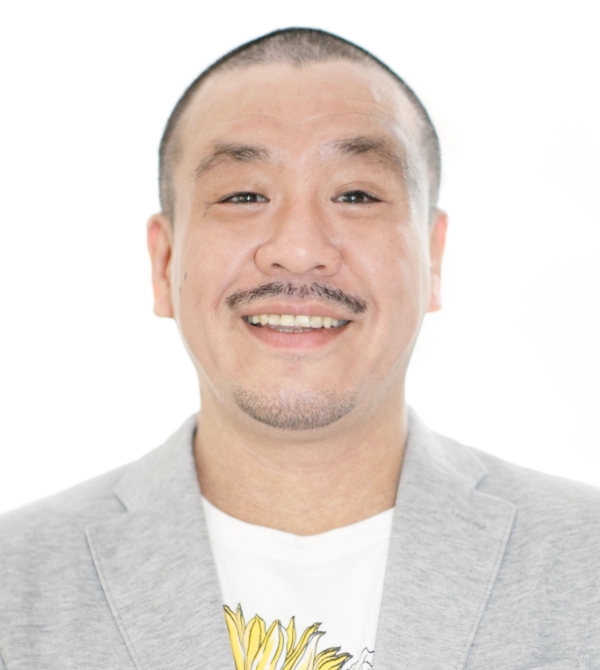ASOURCE®TIMES

執筆
株式会社千正組代表
元厚労省官僚
千正 康裕
慶応大学法学部卒。2001年厚生労働省に入省し、8本の法律改正に携わる。2019年に退官後、コンサルティング会社「千正組」設立。内閣府、環境省の有識者会議委員を歴任。朝日新聞デジタル有識者コメンテーター。著書に「ブラック霞が関」(新潮社)など。

医師の働き方改革について、2024年4月に制度が施行されてから、関係団体やメディア等による実情の調査が出てきています。一般社団法人全国医学部長病院長会議は、9月11日に、改正法が施行された後の状況を全国の大学病院の本院を対象に調査し、公表しています。
(参考:全国医学部長病院会議ホームページ
https://ajmc.jp/wp/wp-content/uploads/2024/09/20240911_1_press.pdf)
同調査は、前回調査(2022年7月実施)と比較して、週平均の労働時間が50時間未満の医師が、41.5%から49.6%と増加しており、タスクシフトやチーム制の導入などの取組みによって、少しずつではありますが労働時間の減少が進んできているとしています。また、働き方改革が研究に影響を与えるとした大学病院が多かったことを指摘しており、医師の増員とともに、教育・研究の効率化を図るためのICT化の推進が必要といった意見が多数あったことも紹介しています。
大学病院以外の病院においても、タスクシフトやチーム制の導入、ICTの活用は、医師の働き方改革を進めるための重要な手段と言われており、国も支援策を講じています。
国の最新の政策の動向については、8月末に公表された厚生労働省の令和7年度概算要求の概要を見るとよくわかります。
(参考:厚生労働省 https://www.mhlw.go.jp/wp/yosan/yosan/25syokan/dl/gaiyo-02.pdf)
「医師・医療従事者の働き方改革の推進」に122億円が計上されていますが、これは、厚生労働省が財務省に要求している内容なので、今後財務省との折衝を経て12月に閣議決定される政府予算案が最終的な政府案となります。したがって金額の変動などがありえますが、予算要求した内容は概ね実現することが多いです。
医療従事者の確保、勤務医の労働時間短縮に向けた体制整備に対する助成等を行うほか、タスクシフトに関連するものでは、特定行為看護師の研修制度の推進などが盛り込まれています。
チーム医療の推進、ICTの利活用や特定行為研修制度の更なる推進によるタスクシフト等による業務改革を進めていくことが求められており、こうした取組みを個々の医療機関が進めていくことは、医師の働き方改革の制度への対応のみならず、経営効率と職員のエンゲージメントを高め、質の高い医療にもつながると思っています。
こうした取組みに加えて、筆者からは外国人看護補助者の確保というアイディアを提示します。医師から特定行為看護師等の医療従事者へのタスクシフトを進めていく中で、看護師の専門性が活かせる業務に集中できる環境をつくることも重要だからです。また、患者の高齢化が進む中で看護補助者のニーズも高まっています。
介護業界では、外国人介護労働者確保の取組みを官民ともに進めています。昨今では、筆者が大使館勤務で駐在していたインドからの受入れを進めており、筆者自身も取り組んでいます。一部の医療機関で進めているように、病棟においても外国人看護補助者(特定技能介護など)の確保を進めてはいかがでしょうか。